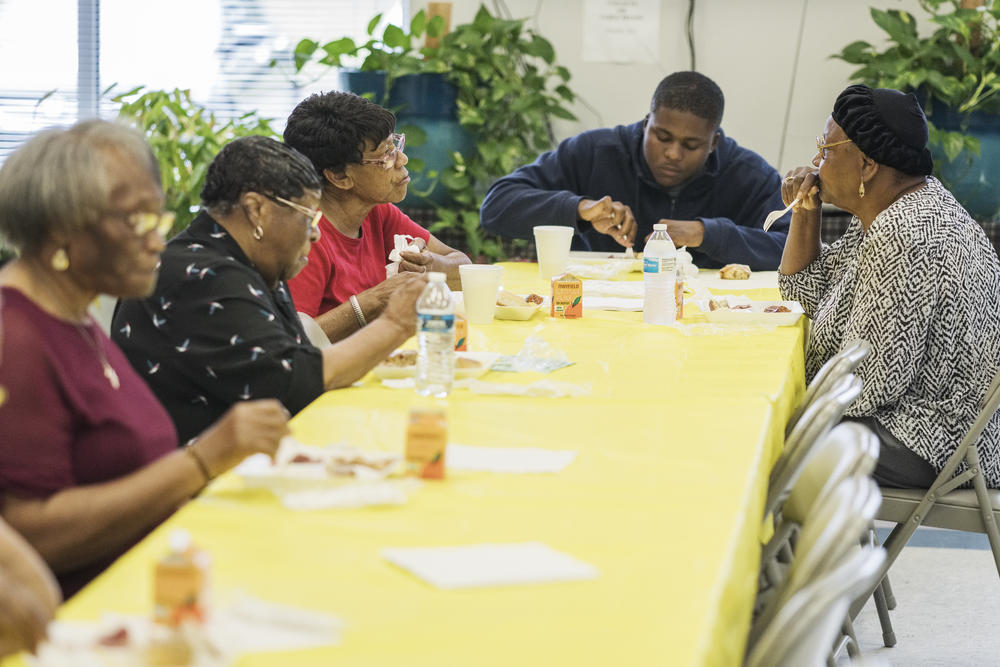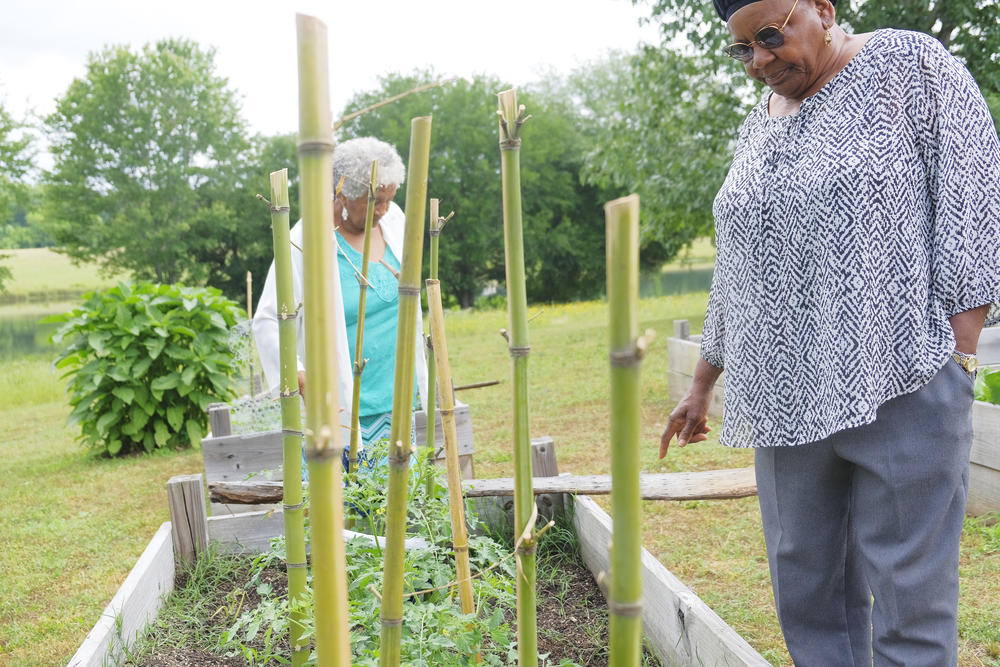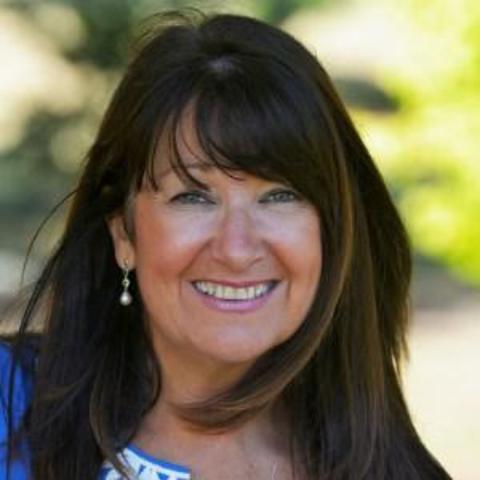Section Branding
Header Content
Georgia First In Nation To Tackle Senior Hunger Head On
Primary Content
Three to four days a week Ernestine Mims comes to the Senior Center in Twiggs County to eat lunch with her friends. On a recent afternoon, the women sat at a long table, covered in a yellow cloth. Ernestine was clearly having fun.
“I laugh and talk, and I can go the day on, don’t think about nothing, no pains or nothing,” she said. “When I come up here I am able to forget about it. It’s just like a home away from home.”
Georgia First In Nation To Tackle Senior Hunger Head On
Ernestine said if she were home she’d be having a sandwich, but here it’s salad, corn, chili, milk, apple pie and company.
Research shows that when seniors eat together they are more likely to finish their meal. It’s a scene playing out in more than 200 senior centers across the state and a lifeline for older people who may not have enough to eat.
According to the most recent statistics 300,000 senior citizens in Georgia are hungry, putting the state ninth from the bottom when it comes to food insecurity among the elderly nationwide.
The Twiggs County program serves those as young as 62 and as old as 97. Director Denise Goodman said older people face a multitude of barriers when it comes to getting food.
“You’re having to choose sometime between medicine and food and so sometimes you can’t eat a balanced diet because your income’s limited,” Goodman said.
Because Twiggs County is rural, it’s hard to get around. And there’s just one grocery store.
It’s issues like this that prompted Georgia to create the nation’s very first State Plan for Senior Hunger. While other states include senior hunger in their plans on aging, they don’t have plans just for hunger.
The plan is a year old. It points out that Georgia’s population is aging and safety nets like social security often fall short.
Temitope A. Walker is the state’s senior hunger coordinator with Georgia’s Department of Human Services. She is tasked with implementing the plan. It looks at senior hunger from a regional perspective.
“Costs of living have skyrocketed well beyond the structure of the support systems that are in play,” Walker said. “And then at the same time you have to look at the fact that seniors are living longer.”
The plan grew out of a series of senior hunger summits begun in 2016. A fourth is scheduled for June in Savannah and will include people from all over the state.
The plan divides the state into 12 regions, with each one forming a coalition made up of service providers, non-profits and grocery stores. But it’s different depending on where you live.
“We’re really talking about the urban and rural divide and saying okay, some strategies will work across both areas but some things will be strategic to a particular area,” Walker said.
In Twiggs County, the strategy includes a community garden, meals, transportation and helping people who qualify for food stamps get them, even though the benefits are small, in some cases just $15 a month.
Results from the first year of the plan are just coming in. Meanwhile, Walker said she does know that only one-tenth of Georgia’s elderly go to senior centers. She hopes more people will discover them and the help they can provide.
“Sometimes it’s when you get the buy-in of the senior who then in turn will tell another senior about how impactful something is that you really have a breakthrough,” said Walker.
One of those cheerleaders is 81-year old Cora Banks at the Twiggs County Senior Center.
“That’s nice eating with somebody. I don’t like to sit home,” she said. “Ain’t nobody going to be there but me. I enjoy sitting here eating with them. Yes I do, I sure do.”
Because when seniors eat together their health can be as good as their company.
The Georgia Department of Human Services Division of Aging Services is an underwriter with GPB.



